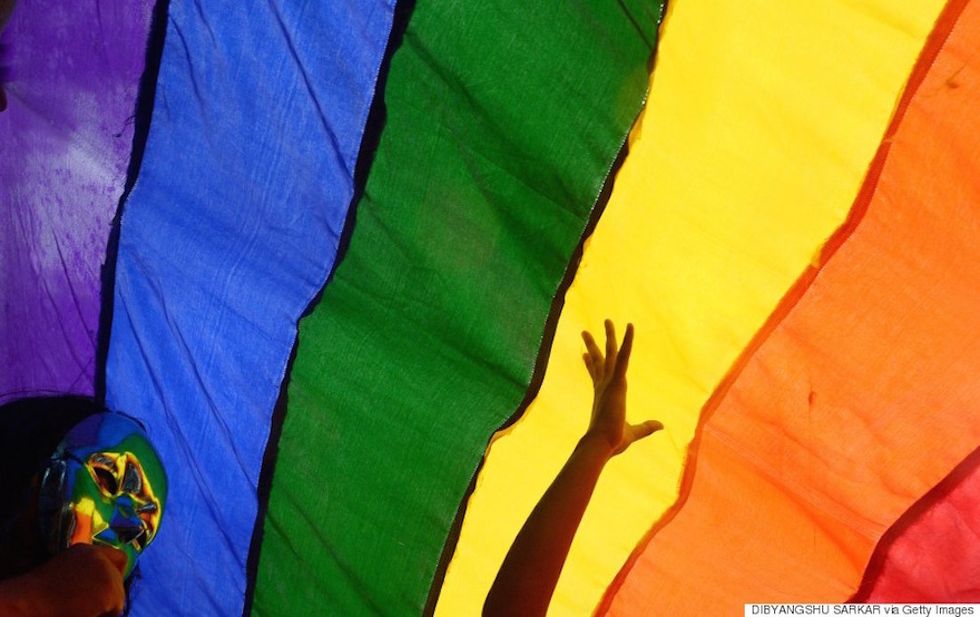Few people, it seems, know the significance of this historic date: May 17th, 1990. On this day, just 27 years ago, “homosexuality” was removed from the World Health Organization's International Classification of Diseases (ICD-10). Prior to this date, it was entirely possible to go into a psychiatrist’s office and be diagnosed with “homosexuality,” which was seen as a pathological deviance, a fundamental mistake, a subpar and often disgusting way of existing in the world.
Conversion Therapy, in one of many forms, has been used against gay people since “homosexuality” as a diagnosis was first created in the 1800s. As recently as 1948, lobotomies were used against gay people–– or as this patient was called, a “sexual offender”. As of today, conversion therapy has been formally banned for minors in only seven states and the District of Columbia; many more bans on it are pending.
The Washington Post reports that, according to a study at San Francisco State University, “compared to LGBT youth who are accepted, young people who experience rejection based on their sexual orientation or gender identity were eight times more likely to have attempted suicide, nearly six times more likely to report high levels of depression and more than three times as likely to use illegal drugs.” Remember, attempts to “cure” someone of their gayness or transness was never meant to improve mental health. This is clear enough from the above statistics. These "therapies" have always solely functioned to punish a person for their sexual/gender identity.
It is easy for some, particularly those who are cisgender and/or heterosexual, to act as though “rights” for these marginalized groups have been achieved (as though our only collective goal is to become “as good as” our privileged counterparts!) because Caitlyn Jenner was on the cover of Vogue or because same-sex marriage is legal in the United States, and a growing number of other nations. These tiny advances mean nothing, however, when public attitudes remain hateful, stigmatizing, and disgusted.
After all, even today, to fall anywhere within the LGBTQ community is to be “abnormal” in the eyes of many. Even seemingly-benign stereotypes like the “flamboyant gay man” and the “masculine, truck-driving lesbian” carry with them markers of pathology. The notion that such stereotypes are innate and expected implies that they are symptoms; symptoms of a disorder that existed only a generation ago. Why else would I have to watch my back before showing affection to the person I love? Why else would I so deeply fear telling people outside my college’s campus that I’m trans? All the new laws in the world will not erase the hatred that has been drilled into me.
Even the idea that for gayness to be accepted, it must not be in the DSM or the ICD, is highly problematic –– especially for me, a mentally ill, neurodivergent gay person. Although I often joke that “I have a lot of mental problems, but being gay isn’t one of them!” The truth is, all mental illness diagnoses are socially constructed (that’s why they update these lists of "disorders" so much) as ways of pigeonholing certain sorts of abnormality. It is essential, too, for LGBTQ activists not to leave mentally ill people behind when seeking to “normalize” all genders/sexual orientations.
If nothing else, I want you to remember that 27 years is an extremely short period of time. Although there is no question that rights and visibility for LGBTQ people have increased tremendously, we must not become complacent; we must not merely sit back and view this depathologization of gayness (remember, transness is still diagnosable) as an end. It’s a beginning.
















